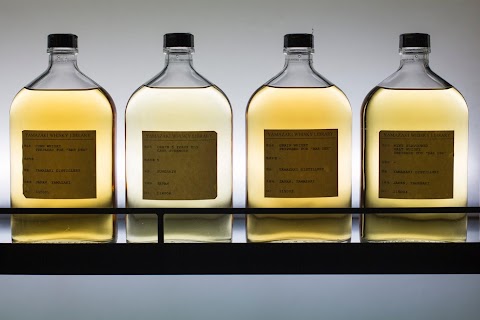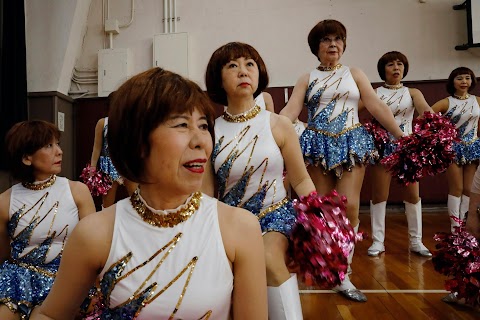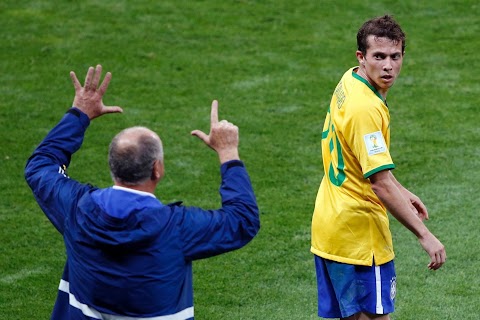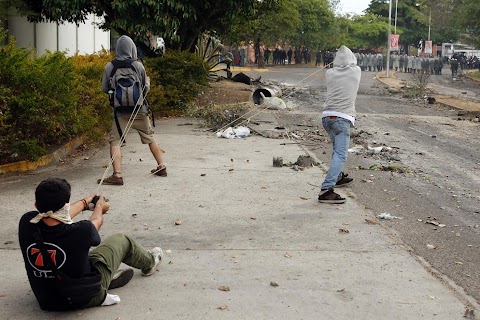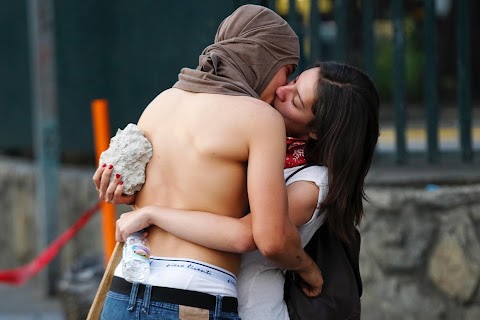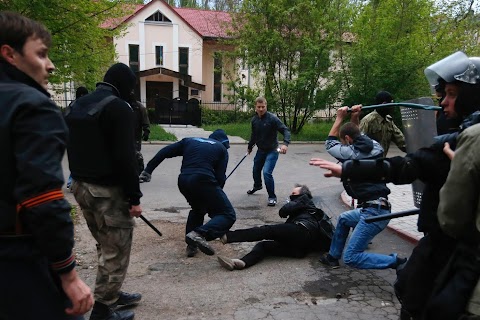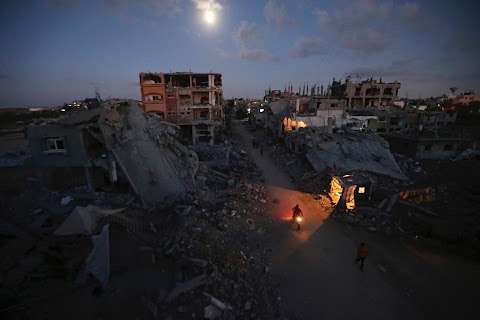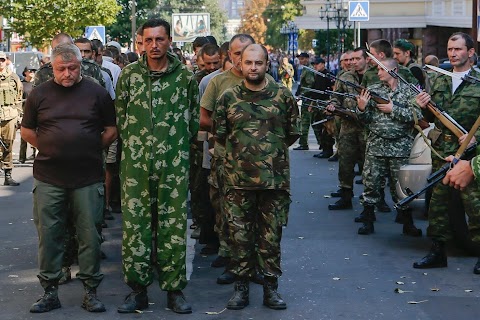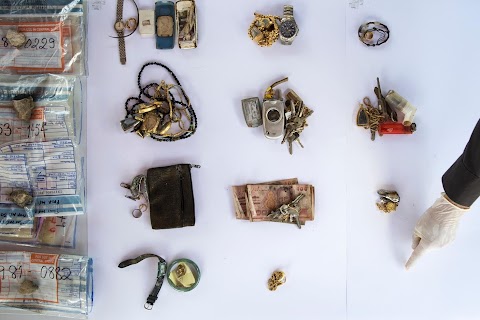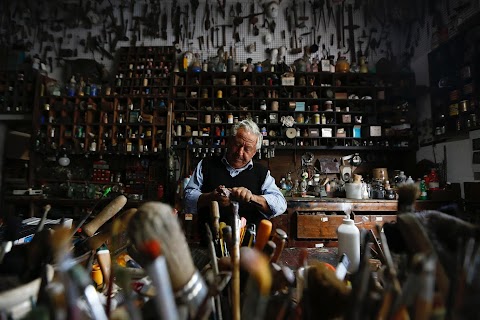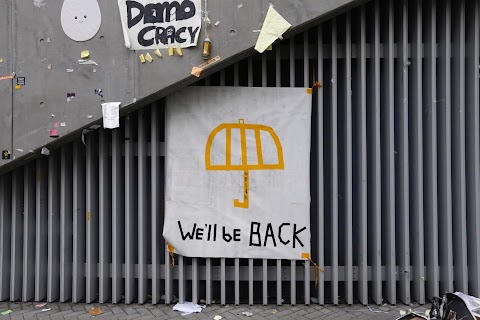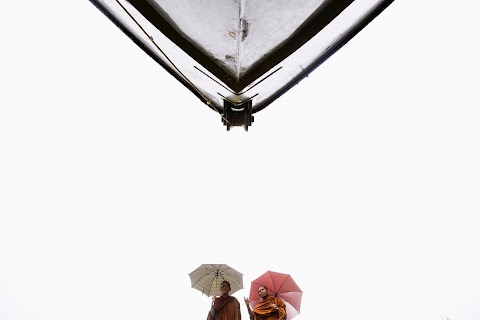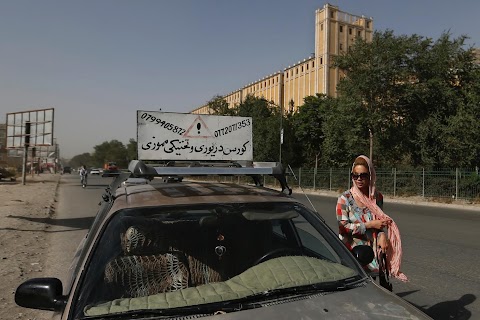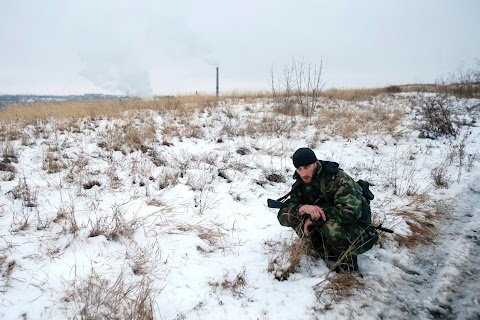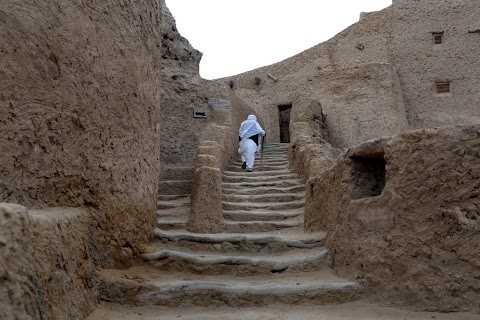
Hidden from Egypt's crowded cities
 Asmaa Waguih
Asmaa Waguih
In the desert away from Egypt’s crowded cities, the Siwa oasis, known for its olives and dates, has been hurt by the country’s declining tourism trade.
Located just 50 kilometres from war-torn Libya, these days Siwa sees only a fraction of the tourists that once visited it.

A stunning landscape, the ancient fortress of Siwa was built on natural rock made of salt and mud-brick, natural material that is formed by the salty water of the lakes known in Siwa as Korsheif.
Although now mostly abandoned and 'melted', Shali, pictured above, remains a prominent feature, towering five stories above the modern town.

Residents of Siwa have struggled to get by after a decline in tourism since the 2011 revolution that ousted president Hosni Mubarak and ushered in years of political and economic turmoil.
In 2013, 9.5 million tourists visited Egypt, down from from over 14.7 million tourists in 2010, before the uprising.
While nationwide the situation is gradually improving and the government says tourism could recover to pre-crisis levels next year if regional turmoil spares Egypt, Siwa has yet to experience a turnaround.
Slideshow

A general view of the centre of Siwa is seen.

Men smoke and use their mobile phones as they sit at a small cafe.

A boy, who has flies on his face, waits on the back of a tricycle near farm land.

Women ride on a donkey drawn-cart as they make their way home with their children.

A man unties his donkey and cart as he prepares to leave his house.

A girl gestures from a window in her house.

Girls work at the “al-Gawhara factory”, one of the biggest factories in Siwa for packaging dates.

Young men play table tennis in an internet cafe.

A man bathes in a natural hot water spring which is full of minerals.

A man stands at a farm while a worker collects palm leaves to make a traditional basket used for storing food in front of his house.

A restaurant worker sits among empty tables as he waits for customers.

Workers of a small hotel cook chicken in a traditional way called “abu mardam”.

Men warm themselves by a fire outside their houses on a street.
"When I walked through Siwa... I felt safer than in most places near Egyptian cities."
With its stunning landscape made of salt and mud-brick, the Siwa oasis is best known among Egyptians for its mineral water and its production of olives and dates.
Tourists are drawn to its hot springs and salty lakes, sandboarding on its dunes or safari rides that go as far as 420 km to the other oasis of Bahariya.
When I traveled to Siwa for the first time in 1997, donkeys used to be the primary mode of transport and extracting oil from olives was carried out by hand.
In recent years, machines have replaced manual labour in order to produce better oil much faster, and donkeys have been replaced by motorbikes.
Its most unique feature is that its 33,00 strong population were not originally Arab speakers - they mostly spoke a dialect of Berber called Siwi.
Community projects are in place to preserve the dialect and the heritage that have characterised the place for years, for fears that it may be fading.
Nevertheless, the oasis has managed to hold on to its traditional look, which is also its biggest attraction for local and foreign tourists.
These days, however, the situation has changed.
Siwa has been hit hard by a decline in tourism following the 2011 revolution that toppled president Hosni Mubarak, and it has also been affected by the situation in neighbouring Libya.
The road to Siwa is dotted with checkpoints. The vast desert surrounding it and its close proximity to war-torn Libya — just 50 km away — have made Siwa less of a tourist attraction in the last couple of years and more of a spot that worries security forces.
The residents here are struggling to get by. The political turmoil which came after Mubarak's ousting has driven tourists away from Egypt and Siwa, drying up one of its primary sources of revenue.
For a second year in a row, the annual tourism festival was not held here last October.
Yet when I walked through Siwa and its mud-brick buildings, observing traditionally-clothed locals walk at a slow pace, with hardly any cars in sight, I felt safer than in most places near Egyptian cities.
"It's very safe here, we're far from all the troubles," one local told me.

A girl types on a computer where she works at the Centre for Reinforcing Cultural Heritage. Most of Siwa's population of 33,000 speak a dialect of Berber - Siwi - but children learn Arabic from an early age at school.
